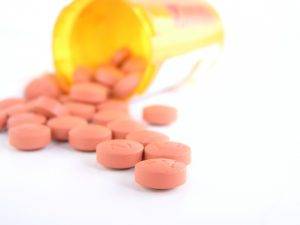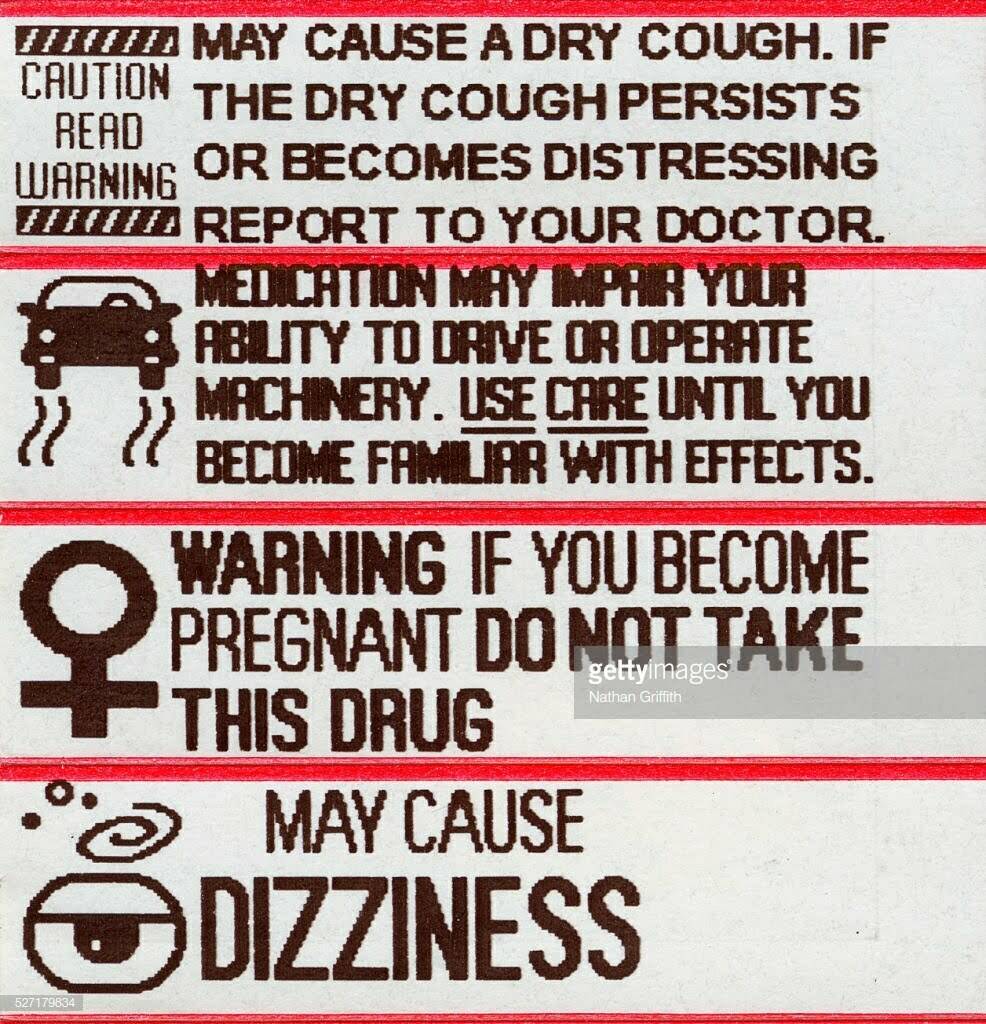Did you know that you can get charged with DWI for driving on things other than alcohol? It’s true. Whether it’s alcohol, an illegal drug like cocaine or marijuana, or even some legal drugs, you can still get charged with DUI. Read on below to learn more.
Contact the Premier Fort Bend DWI Lawyer
Getting Charged with DWI on Legal Drugs
A “DWI on drugs” can mean that you were driving under the influence of illegal drugs such as:
- cocaine
- heroine
- marijuana
- methamphetamine
- LSD
 However, you may not know that you can also get a DWI if you have certain legal drugs in your system while driving a vehicle. In fact, some drugs are considered to be more dangerous than alcohol when used while driving.
However, you may not know that you can also get a DWI if you have certain legal drugs in your system while driving a vehicle. In fact, some drugs are considered to be more dangerous than alcohol when used while driving.
Mixing driving with drugs – whether it’s legally prescribed pain relievers or medicinal marijuana – is just as illegal as driving drunk and can also get you charged with a DWI offense. Doctor’s orders do not protect you from drugged driving charges. It is your responsibility to not get behind the wheel when taking certain medications.
Doctor’s orders are no defense to DWI charges.
A 2010 survey by the Substance Abuse and Mental Health Services Administration (SAMHSA) found that roughly 10 million Americans drove under the influence of illegal drugs in the previous year.
In 2009, over 18% of fatally injured drivers tested positive for at least one drug (Source: NHTSA).
Another NHTSA survey found that 1 in 5 motorists killed in car crashes in 2009 tested positive for drugs – either illegal or legal, prescription medication.
So it’s a big deal – and it can really hurt people, including you.
How do they Calculate Drug Intoxication?
Typically, your blood-alcohol concentration (BAC) determines whether you’re illegally operating a motor vehicle while drunk. If your BAC is at or over 0.08 percent, you’ll be charged with a DWI.

However, that’s not the case with drugs. They can’t be measured with BAC like alcohol can because they move through your body and affect it differently.
The psychoactive component of marijuana (THC) is detectable in a person’s urine or bloodstream for up to 4 or 5 weeks after use and there is no way to conclusively detect actual impairment at a particular time. Cocaine, on the other hand, typically leaves the body after just a day or two. NHTSA admitted in a letter to Congress that current knowledge about drugs other than alcohol is “insufficient to allow the identification of dosage limits that are related to elevated crash risk.”
Some states use “Drug Recognition Experts” (DREs), highly trained police officers who follow specific guidelines to determine drug impairment in drivers.
They typically examine things like:
- eye movements
- behavior
- any other cues pointing to drug influence
Drug Evaluation and Classification Programs are available in 44 different states in the U.S. to train DREs to do their jobs properly.
In the end, drug impairment is usually measured by blood sample or urinalysis.
Legal Drugs that Can Get You a DUI
Even when legally purchased at a pharmacy with a valid prescription from a doctor – or over-the-counter (OTC) – certain drugs can be just as dangerous to use when driving as alcohol.
According to FDA Medical Officer Ali Mohamadi, M.D.:
“You can feel the effects some OTC medicines can have on your driving for a short time after you take them, or their effects can last for several hours. In some cases, a medicine can cause significant ‘hangover-like’ effects and affect your driving even the next day.”
Common side effects of prescribed and OTC medications that may impair driving include:
- Dizziness
- Drowsiness
- Nausea
- Blurred vision
- Slowed movement
- Fainting
- Inability to focus or pay attention
Typical legal medications that can impair driving include the following:
- Antidepressants: Some sedating antidepressants cause impairment similar to drunk driving.
- Antidiarrheals: Cause drowsiness and affect your driving.
- Anti-emetics: Anti-emetics, medicines that treat nausea, vomiting and dizziness associated with motion sickness, can cause drowsiness and impair driving as well.
- Valium: 10 mg of Valium can cause impairment similar to having a blood-alcohol concentration of 0.10 percent.
- Antihistamines: Slows reaction time and impairs your coordination.
- Decongestants: Many over-the-counter decongestants can lead to anxiety, drowsiness, and dizziness.
- Sleeping Pills: Even the morning after taking them, the residual effects of these drugs can impair drivers.
- Hydrocodone: This common pain reliever – the main component of Vicodin – is similar to opiates and causes impairment similar to morphine and codeine (oxycodone has similar effects).
If you’re not sure if your medication could affect your driving, ask your doctor or pharmacist about your medicine’s capacity for impairment. It’s also typically printed on the label:

How to Tell if Your Medication Could Impair Driving
The best way to avoid a DWI is to prevent driving while impaired. The FDA details a quick guide to figuring out if it’s safe to drive while on your medication. Check it out below:
- Read all sections of the Drug Facts label on your medication.
- Read the Active Ingredients section and compare it to other medications you’re taking. Make sure you’re not taking more than 1 medicine with the same active ingredient. Then ensure the “purpose” and “uses” sections match the condition you’re treating.
- Then read the Warnings section. Check whether the medicine shouldn’t be used with any condition you may have. You may need to ask your pharmacist or doctor if it’s safe. See if there’s a warning that says when you shouldn’t use the medicine at all, or when to stop using it.
- Read the “When Using This Product” section. It’ll tell you how the meds might make you feel and give you warnings about drowsiness or impaired driving. Specifically look for statements like “you may get drowsy,” “marked drowsiness will occur,” “be careful when driving a motor vehicle or operating machinery,” or “do not drive a motor vehicle or operate machinery when using this product.”
Contact DWI Lawyer David Hunter for Help With Your DWI on Drugs
If you’ve been arrested for a DWI on drugs, don’t panic. Make a call to the David Hunter Law Firm – David Hunter has years of experience both in front of and behind the bench, as a Texas judge, and can help you get the outcome you want from your DWI case. Call him today to schedule a free consultation!
You Can Get a DWI on Legal Drugs | The David Hunter Law Firm – Sugar Land, TX


